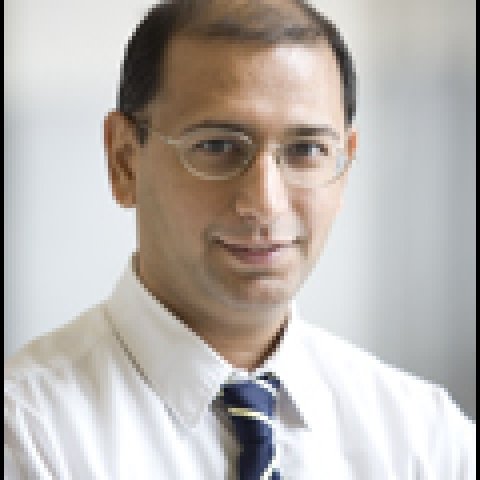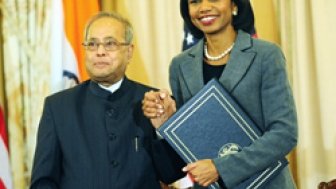Dinshaw Mistry
Fellow
Professional Affiliation
Associate Professor of Political Science and Director, Asian Studies, University of Cincinnati
Expert Bio
I am Associate Professor of Political Science and director of Asian Studies at the University of Cincinnati. I was previously a fellow at the Belfer Center for Science and International Affairs, Harvard University, and the Center for International Security and Cooperation, Stanford University. My academic areas of expertise are international relations, security studies, technology and politics, and South Asian security. Within these areas, most of my research work has focused on missile proliferation, globally, and nuclear proliferation in Asia and South Asia.My first major research project was Containing Missile Proliferation (University of Washington Press, 2005), the only comprehensive study of the Missile Technology Control Regime (MTCR). This study assessed the creation of the MTCR and its impact on 14 national missile programs. I continue to publish and interact with practitioners working in the area of missile proliferation. My other publications have explored nuclear proliferation in South Asia. These publications include "Tempering Optimism about Nuclear Deterrence in South Asia" (Security Studies, 2009); "Assessing Iran's ICBM Capabilities" (Arms Control Today, October 2007); "Diplomacy, Domestic Politics, and the US-India Nuclear Agreement" (Asian Survey, September 2006); "Negotiating Multilateral Instruments against Missile Proliferation" (International Negotiation, December 2005); "Nuclear Asia's Challenges" (Current History, April 2005); "A Theoretical and Empirical Assessment of India as an Emerging Power" (India Review, January 2004); "The Unrealized Promise of International Institutions: The Test Ban Treaty and India's Nuclear Breakout" (Security Studies, Summer 2003); "Beyond the MTCR: Building a Comprehensive Regime to Contain Missile Proliferation" (International Security, Spring 2003); "Technological Containment: The MTCR and Missile Proliferation" (Security Studies, Spring 2002); "The Geostrategic Implications of India's Space Program" (Asian Survey, November 2001); "Diplomacy, Sanctions, and the U.S. Nonproliferation Dialogue with India and Pakistan" (Asian Survey, September 1999); and "The Technology, Economics, and Politics of Missile Defense" (Northwestern Journal of International Affairs, Winter 1999).
Education
B.S. (1992) Physics and Political Science, University of the South, Sewanee, Tennessee; M.I.A. (1994) International Affairs, Columbia University, New York; Ph.D. (1999), Political Science, University of Illinois, Urbana-Champaign
Experience
Associate Professor of Political Science, University of Cincinnati, 2006-present;
Assistant Professor of Political Science, University of Cincinnati, 2002-2006;
Fellow, Belfer Center for Science & International Affairs, Harvard University, 2001-02;
Fellow, Center for International Security & Cooperation, Stanford University, 2000-01
Expertise
Nuclear proliferation; Missile proliferation
Wilson Center Project
"The Nuclear Agreement with India: Diplomacy, Domestic Politics, and the Building of a Strategic Partnership"
Project Summary
This project examines negotiations between 2005 and 2008 resulting in a nuclear agreement with India. Specifically, it examines negotiations between governments in New Delhi and Washington; negotiations between the Bush administration and Congress; negotiations between India's government and its coalition partners and other political parties; and negotiations between the United States, India, and members of the international Nuclear Suppliers Group. It shows how domestic and international politics interacted to result in a final nuclear agreement enabling civilian nuclear cooperation with India.
Major Publications
- "Tempering Optimism about Nuclear Deterrence in South Asia," Security Studies, vol. 18, no. 1 (2009), pp. 148-192.
- Containing Missile Proliferation: Strategic Technology, Security Regimes, and International Cooperation in Arms Control (University of Washington Press, 2005)
- "The Unrealized Promise of International Institutions: The Test Ban Treaty and India's Nuclear Breakout," Security Studies, vol. 12, no. 4 (Summer 2003), pp. 116-151

